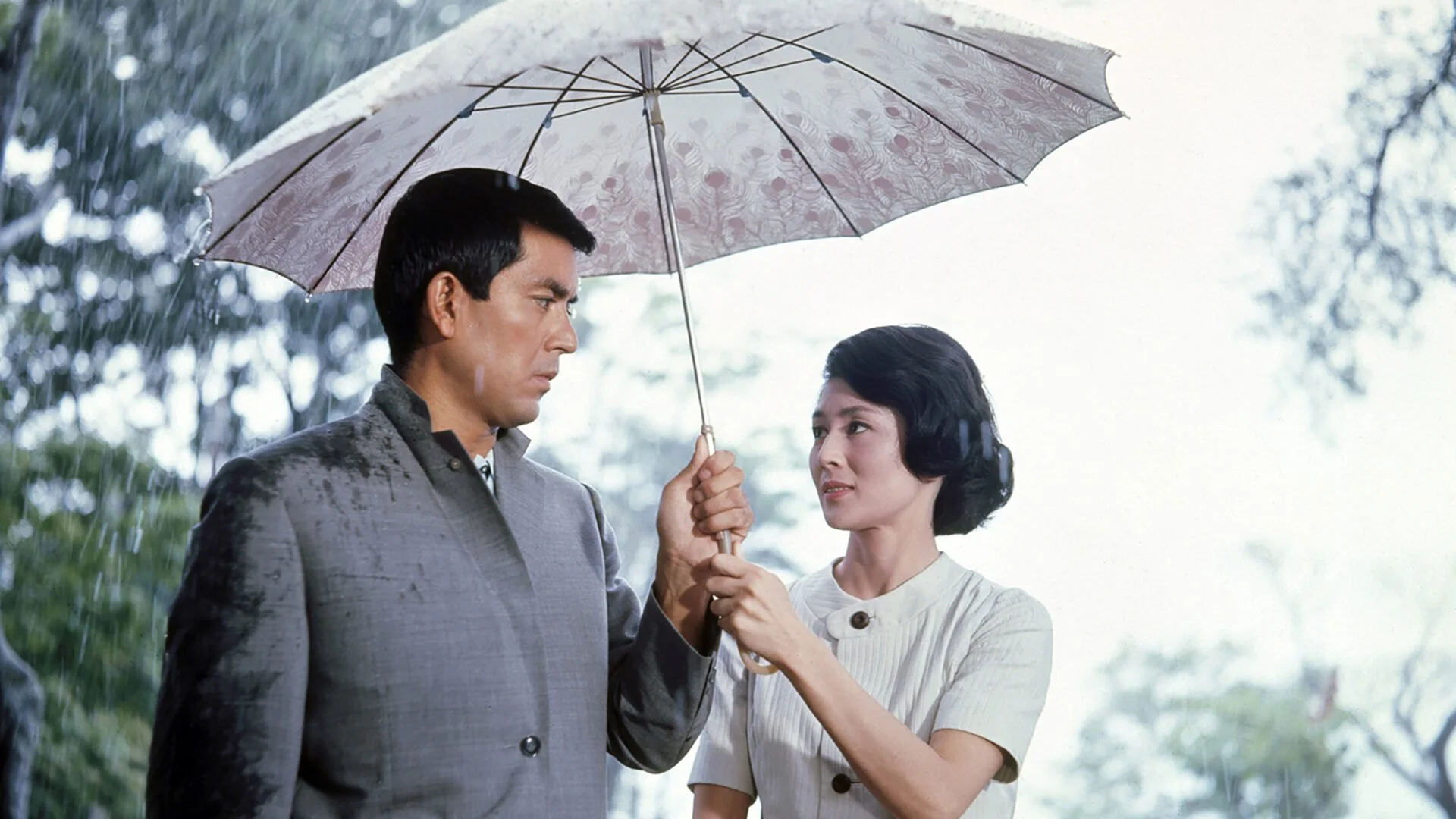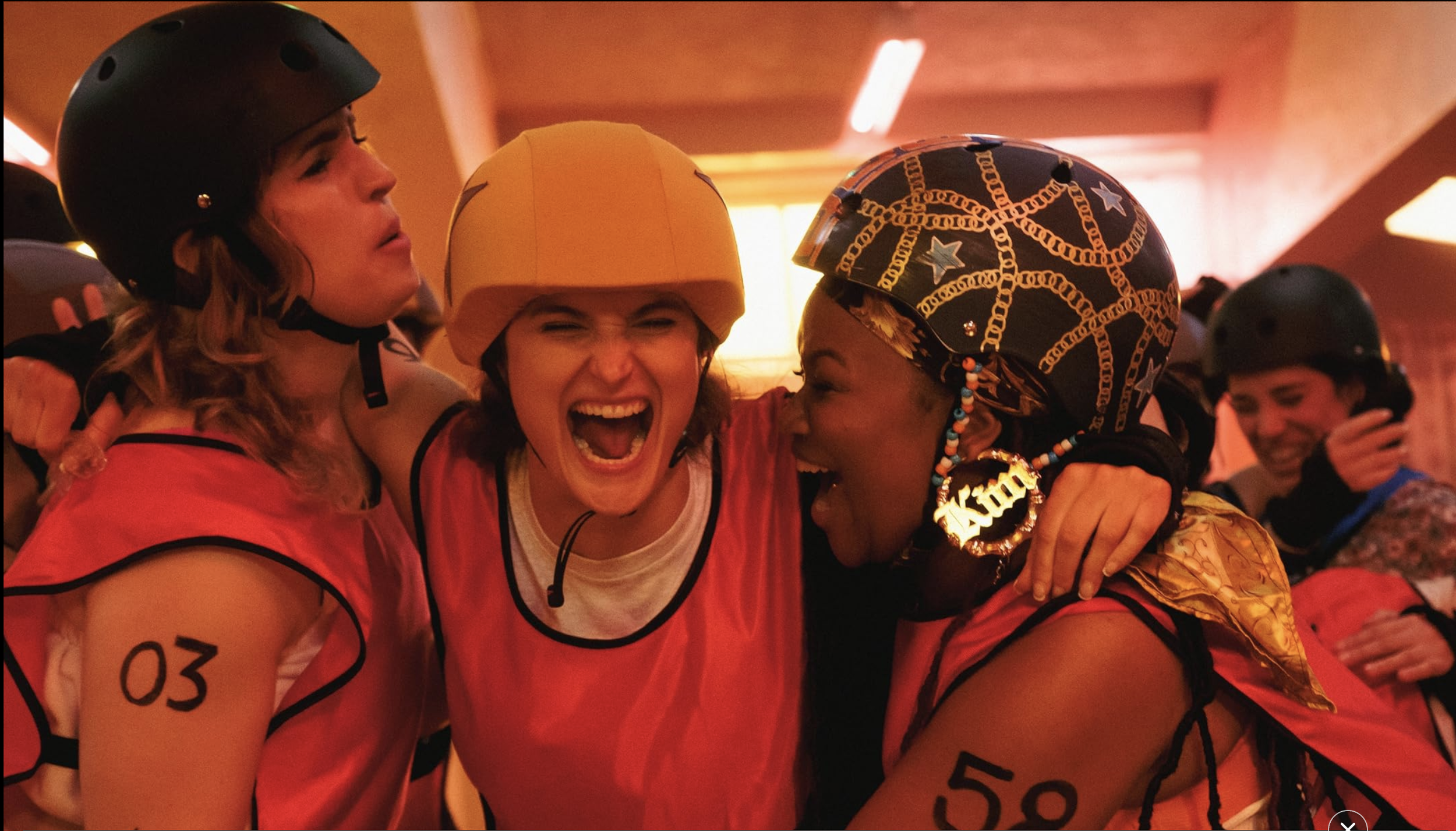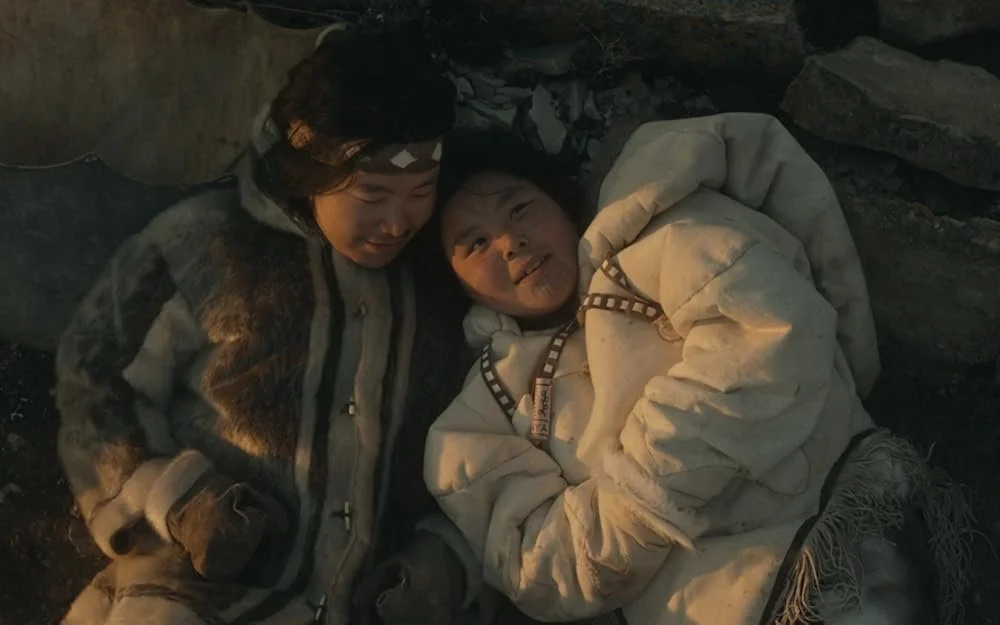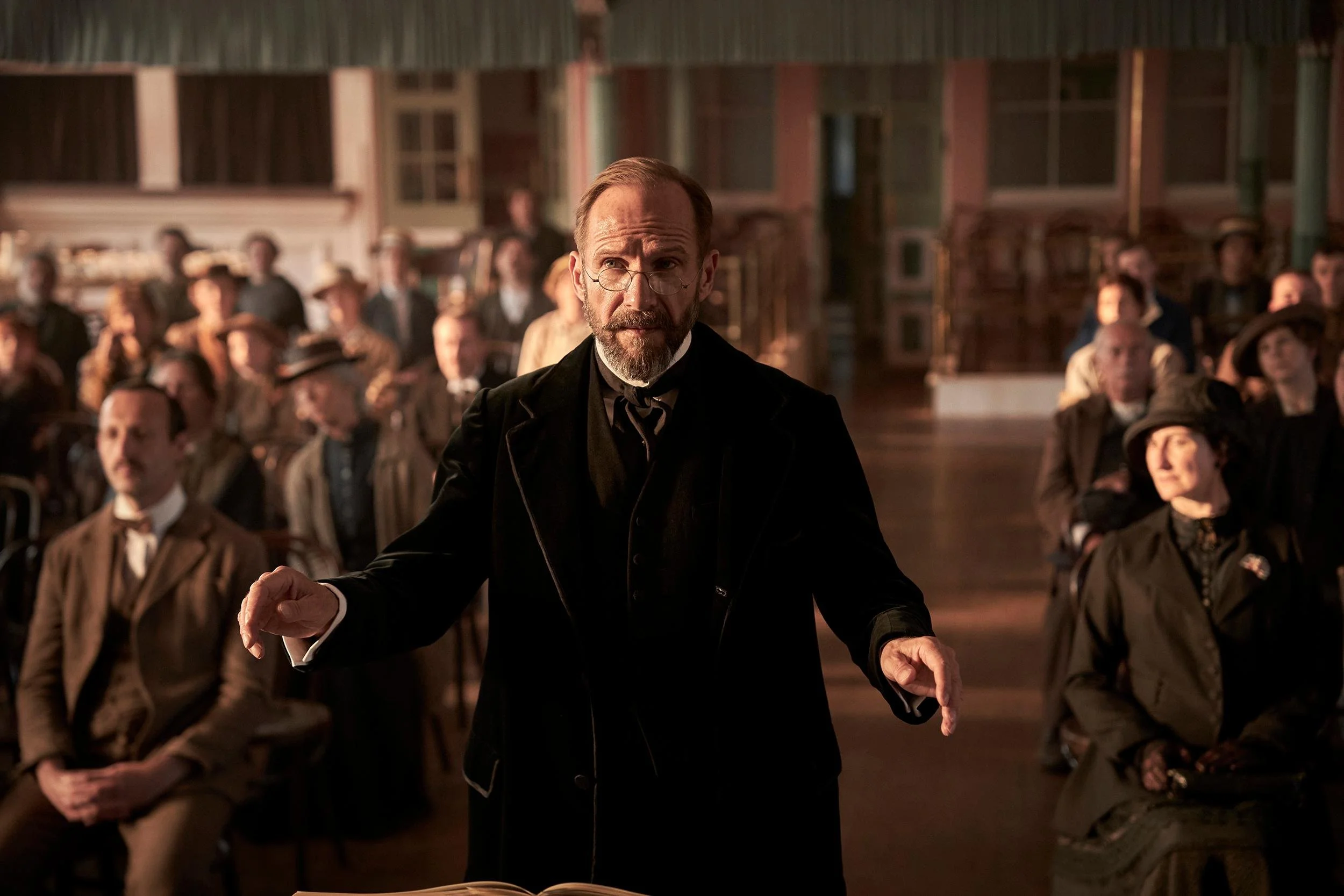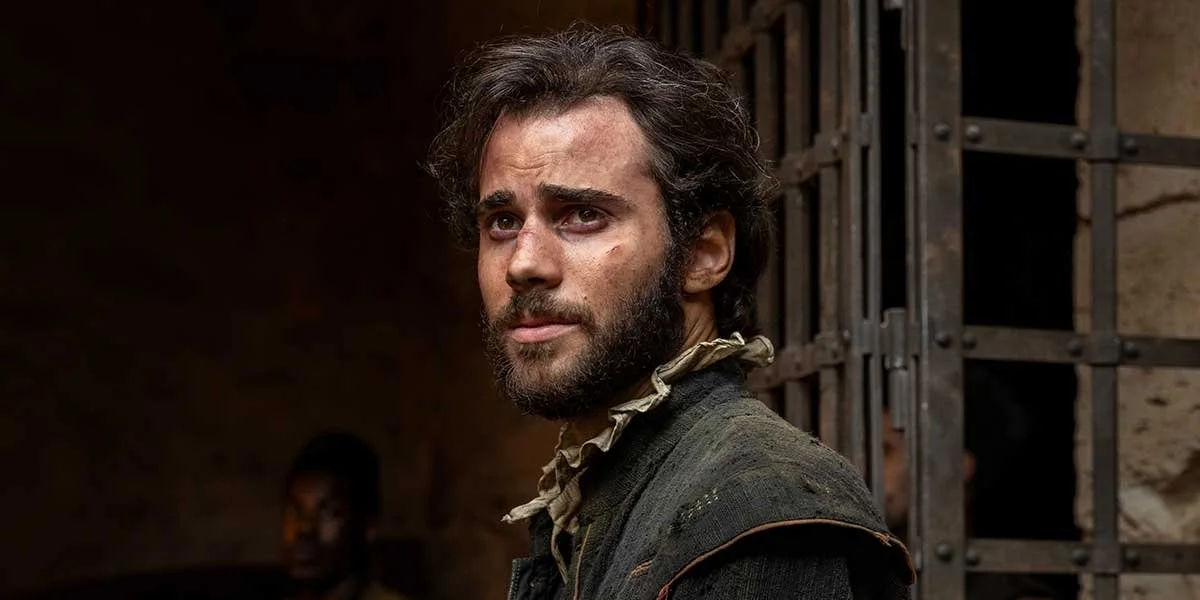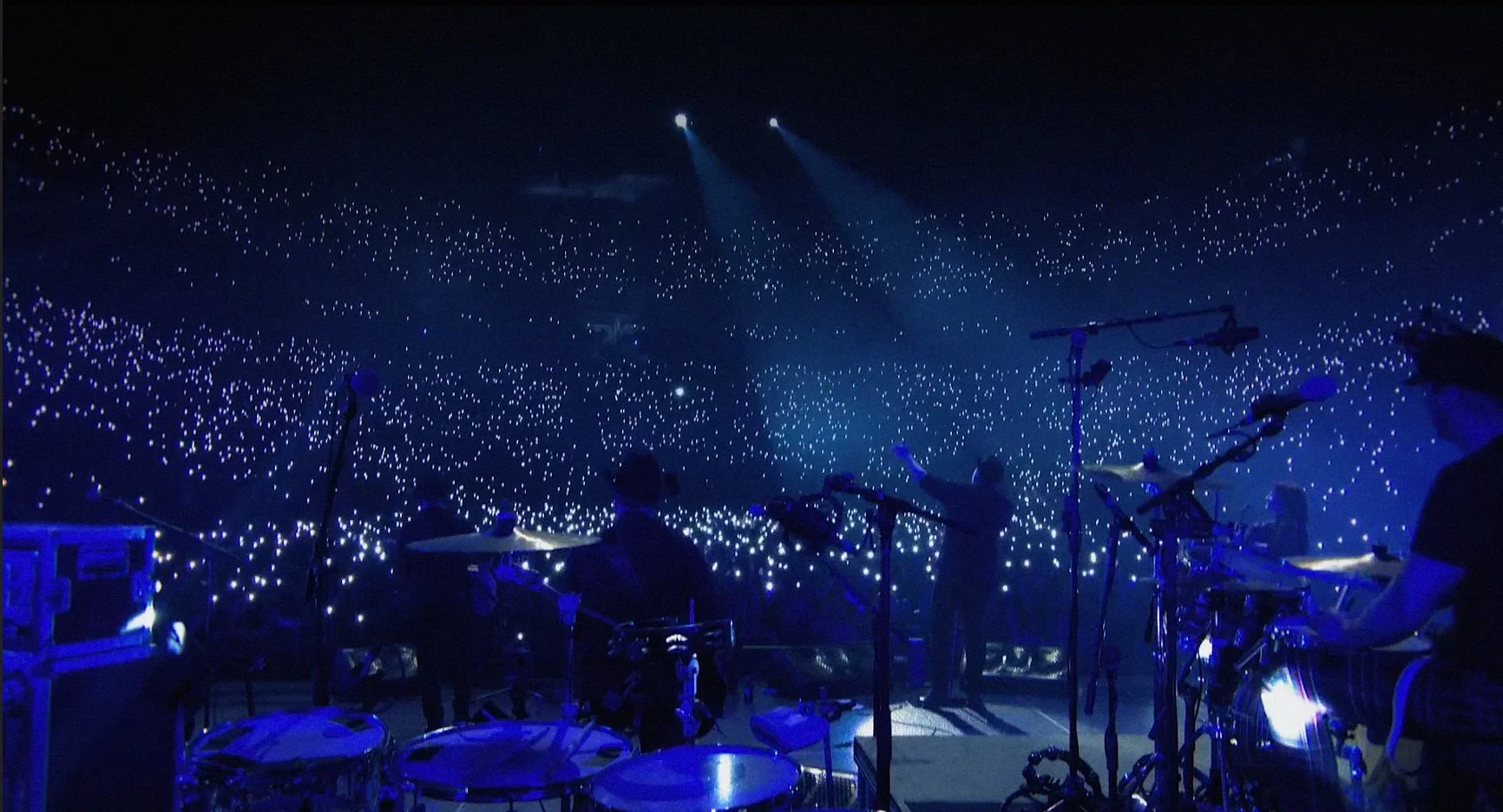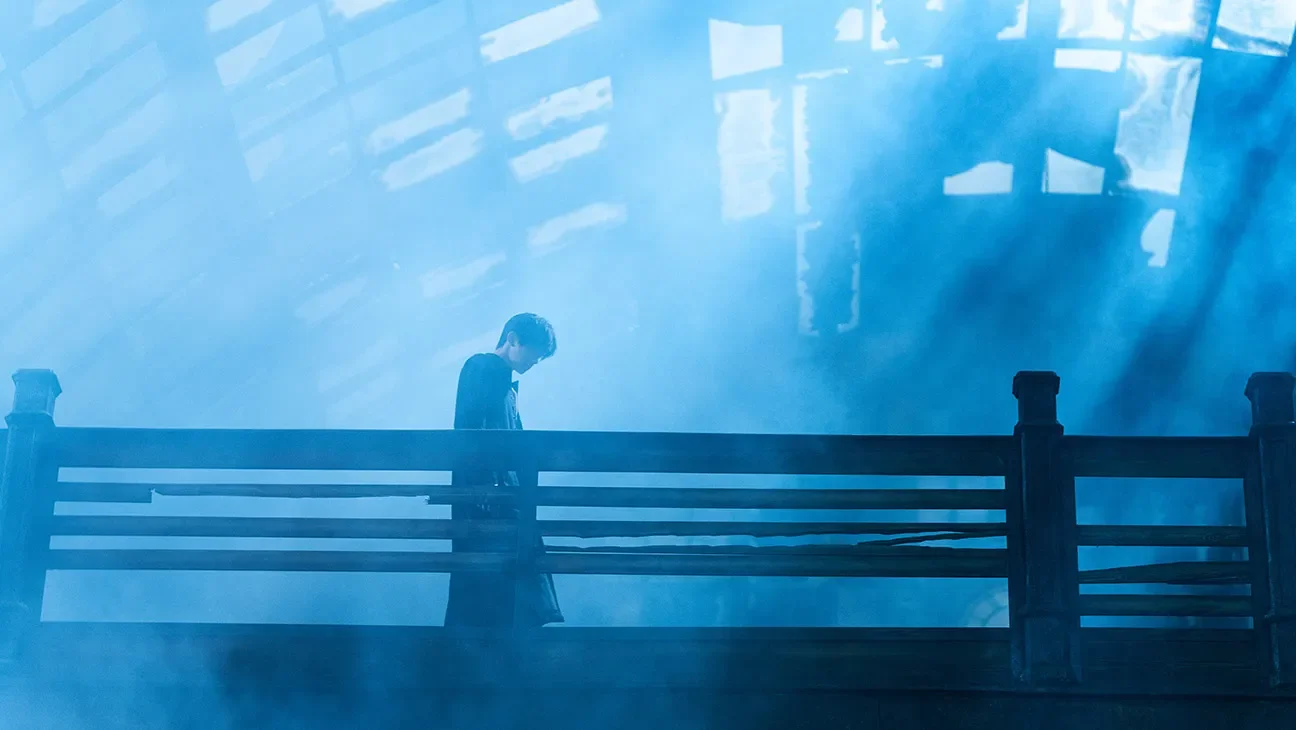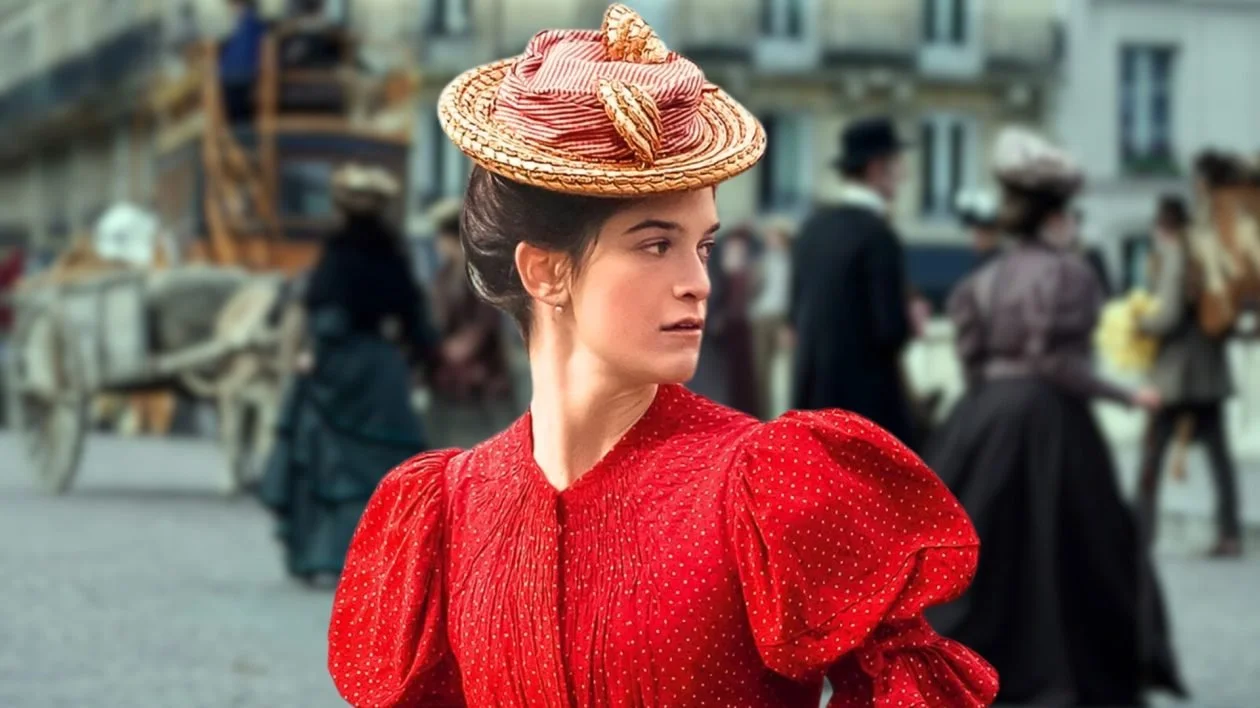There Is No Evil takes an epic, four-chapter look at capital punishment in Iran, at The Cinematheque to June 3
The beautifully shot anthology film on moral corruption is a courageous act of defiance
The Cinematheque streams There Is No Evil until June 3
FEW FILMS come to mind as such courageous acts of defiance as Iranian writer-director Mohammad Rasoulof’s There Is No Evil.
In 2017, the Iranian government banned him for life from making another movie and put him in jail for a year, but he didn’t let that stop him. Shot entirely in secrecy, his new, four-chapter parable on his oppressive regime’s death penalty earned the Golden Bear at the 2020 Berlinale. As remarkable as the fact that the film—actually, make that four films in one—ever got made is that Rasoulof makes no aesthetic sacrifices to do so. He shoots in hauntingly beautiful widescreen, his homeland’s landscape playing a significant role here, with poetic use of intimate closeups, on faces, on hands.
His structural play within the anthology format has many comparing the film to Pulp Fiction. Within that, you get a bit of every genre, from thriller to Kafkaesque meditation to romance and melodrama.
The blackly wry title gives you some sense of the overall tone here. Rasoulof digs into the murky moral terrain of conscripted soldiers—everyday citizens—having to carry out the countless executions of questionably “guilty” people in Iran. In the first two stories here, he takes pains to show the human side to characters who must perform inhuman acts.
Whereas previous Iranian cinema—Children of Heaven, and even the more-recent Oscar-winner The Separation—has had to cloak its sociopolitical critique in metaphor, There Is No Evil takes on corruption with almost startling straightforwardness. It’s an epic act of dissidence, but manages to be equally ambitious in its filmmaking.




